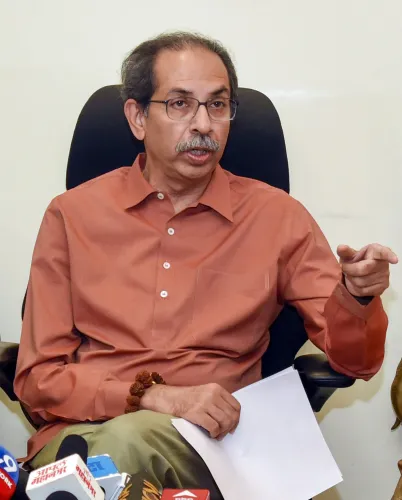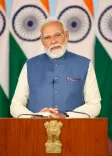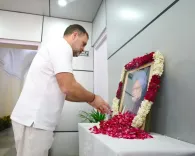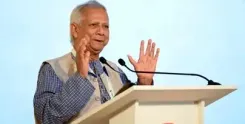Is There a Rising Trend of Women Committing Murders?

Synopsis
Key Takeaways
- Emotional dysfunctions are a critical factor in the rise of women committing murders.
- Intimate partner violence cases are on the rise, involving female perpetrators.
- Modern societal pressures affect women's mental health, leading to significant relationship challenges.
- Understanding psychological issues is essential for addressing these tragedies.
- Changing family dynamics contribute to the evolving nature of relationships.
New Delhi, June 14 (NationPress) The alarming increase in emotional dysfunctions and inadequate coping mechanisms is believed to contribute to the disturbing rise in incidents of women either committing or facilitating the murder of their spouses, according to mental health professionals on Saturday.
There has been a notable uptick in cases of intimate partner violence, particularly those involving female perpetrators. From a meticulously planned honeymoon murder in Meghalaya to a dismembered body discovered encased in a cement drum in Meerut, the surge of husband murders has ignited a vigorous discussion regarding the mental health of the women involved in these heinous acts.
“These incidents should not be categorized as acts of aggression by men or women; instead, they should be seen as profound human tragedies arising from emotional dysfunctions, poor coping skills, and compromised judgment,” stated Dr. Shiv Prasad, Professor, and Head of the Department of Psychiatry at Lady Hardinge Medical College, New Delhi, in an interview with IANS.
Cases such as that of Bengaluru tech entrepreneur Atul Subhash, who tragically took his own life last December while blaming his wife in a lengthy online video, alongside the recent murder of Raja Raghuvanshi during his honeymoon in Meghalaya, have garnered significant media attention. These incidents have not only triggered a misogynistic backlash but also threaten the ongoing struggle for gender equality.
“It is crucial to recognize that these acts are not manifestations of empowered women but rather of individuals grappling with severe psychological issues. Equating empowered women with danger and emotional instability threatens to undermine the long-standing pursuit of gender equality, while neglecting the true underlying issue—psychological dysfunctions,” emphasized the psychiatrist.
He further explained that these cases mirror a societal and psychological transformation, with women facing various economic, social, emotional, and existential pressures. This often leads to a struggle for dominance and power within relationships.
“Violent occurrences often stem from personal vulnerabilities, such as unresolved trauma, fear of abandonment, emotional dysregulation, and the collision of unrealistic expectations with feelings of betrayal, overwhelming familial obligations, and the perception of not achieving an idealized life,” Prasad elaborated.
Experts assert that the evolving dynamics of relationships in today's society reflect broader changes.
“The transition from joint families to nuclear family systems has shifted perspectives from 'we' to 'me', indicating a growing sense of selfishness and entitlement,” noted Dr. Rajiv Mehta, Vice Chairperson of Psychiatry at a prominent hospital in the national capital, in an interview with IANS.
He observed that couples' patience is dwindling, coupled with a pervasive belief that they can outsmart the law.
The professionals noted that these crimes underscore the fragility of contemporary relationships, which, while appearing hyperconnected due to digital influence, often lack genuine emotional bonding and are built on unrealistic expectations that clash with deep-rooted cultural and familial values, resulting in relational instability.
“Modern relationships tend to prioritize individualism over interdependence, reflecting a misunderstanding of the essential nature of relationships and marriage, which cannot thrive solely on the roles of the partners but must also consider complex family dynamics,” Prasad concluded.










